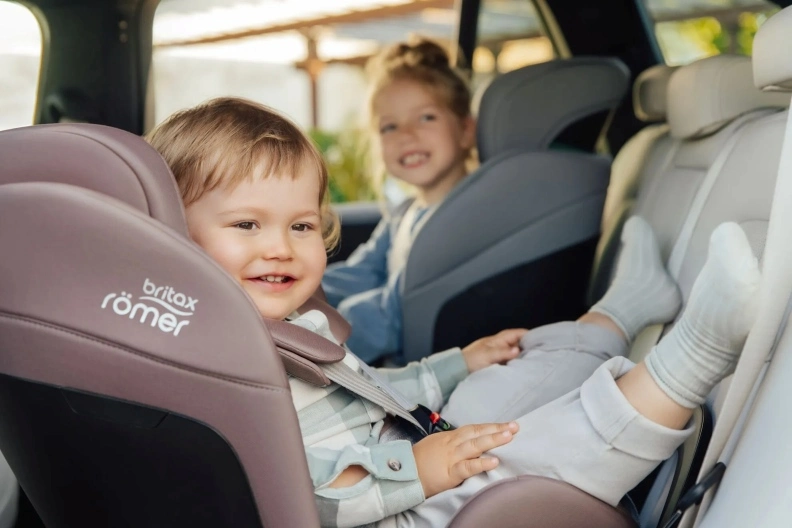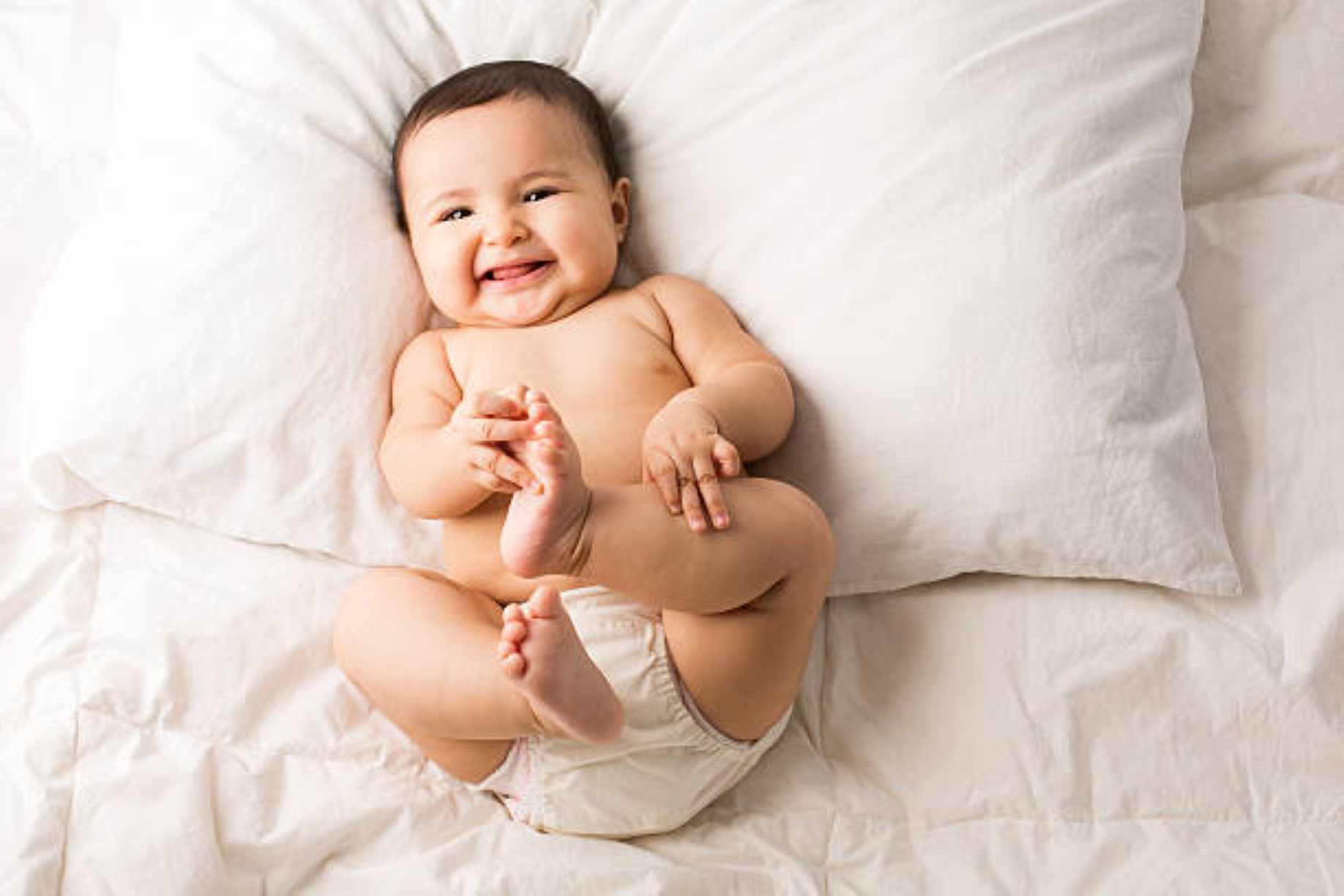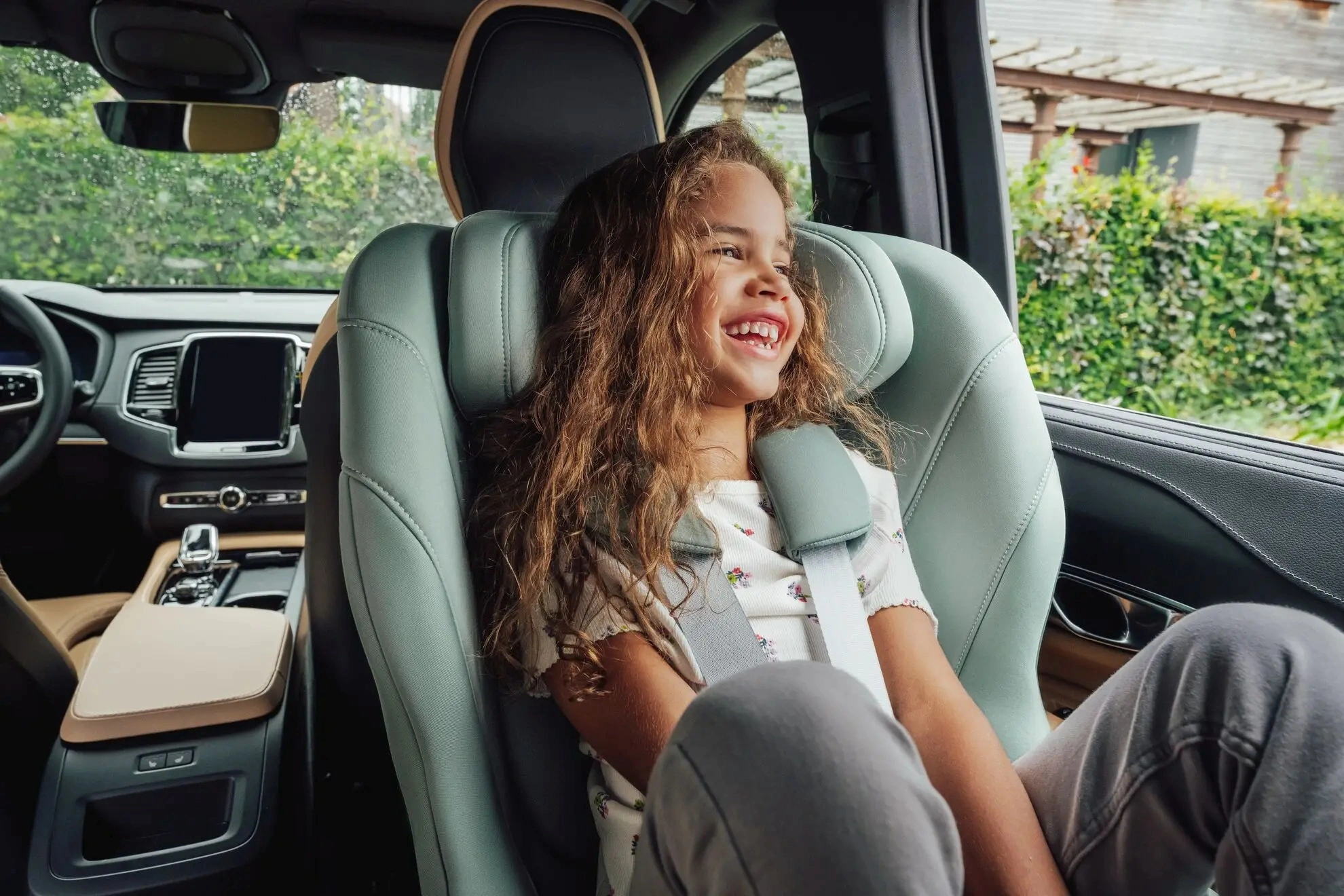Aggressive behavior in 1-2-year-old children, no matter how surprising, is a natural part of development
Aggressive behavior in children 1-2 years old, surprisingly but, is a natural part of development.
Aggressive behavior in children 1-2 years old, surprisingly but, is a natural part of development. The onset of speech, the need for independence and lack of control over impulses are all triggers and will go away on their own over time, but this does not mean that we should not intervene and help the child through this phase.
Keep Olympic Calm
Yelling, hitting, or saying the child is a bad person will not elicit the desired positive behavior. On the contrary, he will be more annoyed and it will be difficult for him to control his own behavior. Instead, you can show an example of how it's done while remaining calm.
Set clear boundaries
Immediate reaction to aggression. Avoid the situation for a while. A minute or two will be enough for him to calm down. After some time, he will notice that if he shows aggression, then this will have certain consequences.
Reward Good Behavior
This is a universal tip for correcting many problem behaviors: pay attention and praise only when he behaves well. In case of aggression, you should simply avoid the situation without an emotional reaction.
Set logical consequences of behavior
If he shows aggression towards other children while playing on the field, this will entail leaving the field. But with verbal communication: explain why you left the place where his friends play. And bring him back when he's ready to play peacefully


